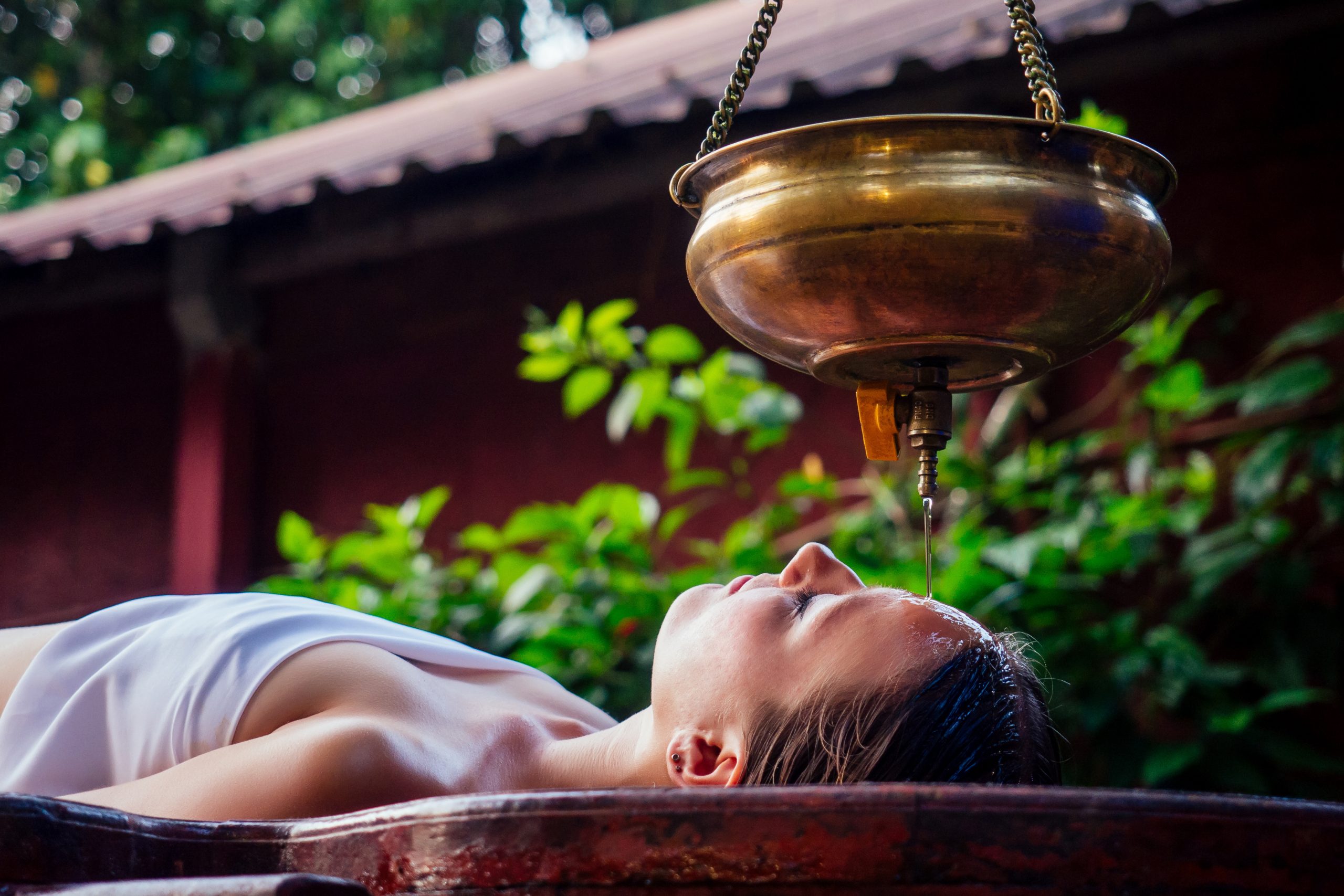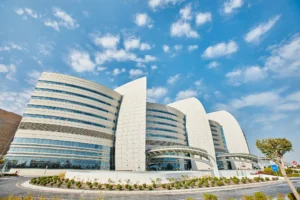The word Ayurveda conjures up images of calm, relaxation, balance and rejuvenation in exotic India. It is, in fact, a complete traditional medicine practice and life philosophy dating back 5000 years. It has also become a significant driver of medical and wellness tourism in India, as the awareness of its benefits has spread, particularly in the western world.
What is Ayurveda?
The word Ayurveda is a combination of two Sanskrit terms – ‘Ayur’ meaning ‘life’ and ‘Veda’ meaning ‘knowledge.’ This collection of principles of healthy living has been followed in India for centuries, and is one of the world’s oldest healing systems. The fundamental belief of Ayurveda medicine is that health and wellness depend on the balance of mind, body and spirit.
Ayurveda encompasses preventive and curative health, with the ultimate aim being to “attain liberation (Moksha) through healthy living”. It embodies a philosophy of life that is aimed at achieving balance and maintaining stability.
The Ayurvedic aim of healthy living, balance, and stability comprises the following elements:
- Equilibrium of Tridoshas (Vata, Pitta, Kapha)
- Proper functioning of Agni (13 types)
- Balanced state of Dhatus (7 Body Tissues)
- Proper evacuation of Trimalas (Urine, Feces & Sweat)
- Balanced state of Mind – Indriyas and Atma
Ancient healing and living system
Practicing the system of Ayurveda through a qualified Ayurvedic doctor can lead to benefits ranging from balancing hormones, healthier skin, reduced bloating, curing insomnia and more.
Here are some attributes of the Ayurveda medicine system that typically appeal to wellness tourists:
- Completely natural treatments
- Non-invasive treatments
- Non-toxic
- Promotes the body’s capacity for maintenance and balance
- Preventive and curative focus
- Rejuvenating and relaxing
- Physical, mental and spiritual (mind-body medicine)
- It is easily incorporated into western medical treatments and lifestyles.
- Recognized by leading bodies as a traditional system of medicine
- Used for a wide range of conditions including chronic, stress-related and metabolic conditions
India’s emerging wellness tourism market
India is an established medical tourism destination, already serving thousands of medical tourists worldwide, including and not limited to Nepal, Afghanistan, Bangladesh, Iran, Iraq, Yemen, Kenya and Nigeria.
More recently, India is being promoted as a cultural and wellness tourism destination to meet the rising demand for wellness tourism from Europe and Asia. India’s ancient healing practices, yoga, naturopathy, and Ayurvedic treatments offer attractive options for European tourists seeking a wellness vacation.
Ayurveda has a growing influence on holistic healthcare and wellness tourism. The Global Ayurvedic Market has been growing at an average annual rate of 16.2% since 2015, reflecting the rising demand for alternative medicine and wellness experiences.
This growth is driven by:
- Rising consumer awareness about health and wellness
- Acceptance by mainstream western medicine
- Increasing demand for natural products
- Global shift in medicine towards preventive practices
- Demand for Ayurvedic cosmetics products
- The popularity of anti-ageing and anti-wrinkle creams
In India, Ayurveda is practiced daily and is part of the fabric of the nation. The emergence of Ayurveda Centers with international certifications of quality practice is fueling the growth of medical and wellness tourism in the country.
Several Ayurveda schools established in the late 1940s have trained a large pool of highly qualified doctors.
Ayurveda treatment and massage packages offer great value for money for wellness tourists. They are attracting large numbers of Western and Gulf medical tourists to the country every year.
Celebrities such as Naomi Campbell, actress Ingeborg Schoener, and film director Bernardo Bertolucci (Last Emperor, Last Tango in Paris) have all visited Kerala in India for Ayurvedic treatments. Other enthusiasts include Cheri Blair, Madonna, Demi Moore and former Prime Minister of India, AB Vajpayee.
Ayurveda has established India as a genuinely world-class medical and wellness destination. The country is well positioned to benefit from the expected rise in demand for wellness retreats after the pandemic.













